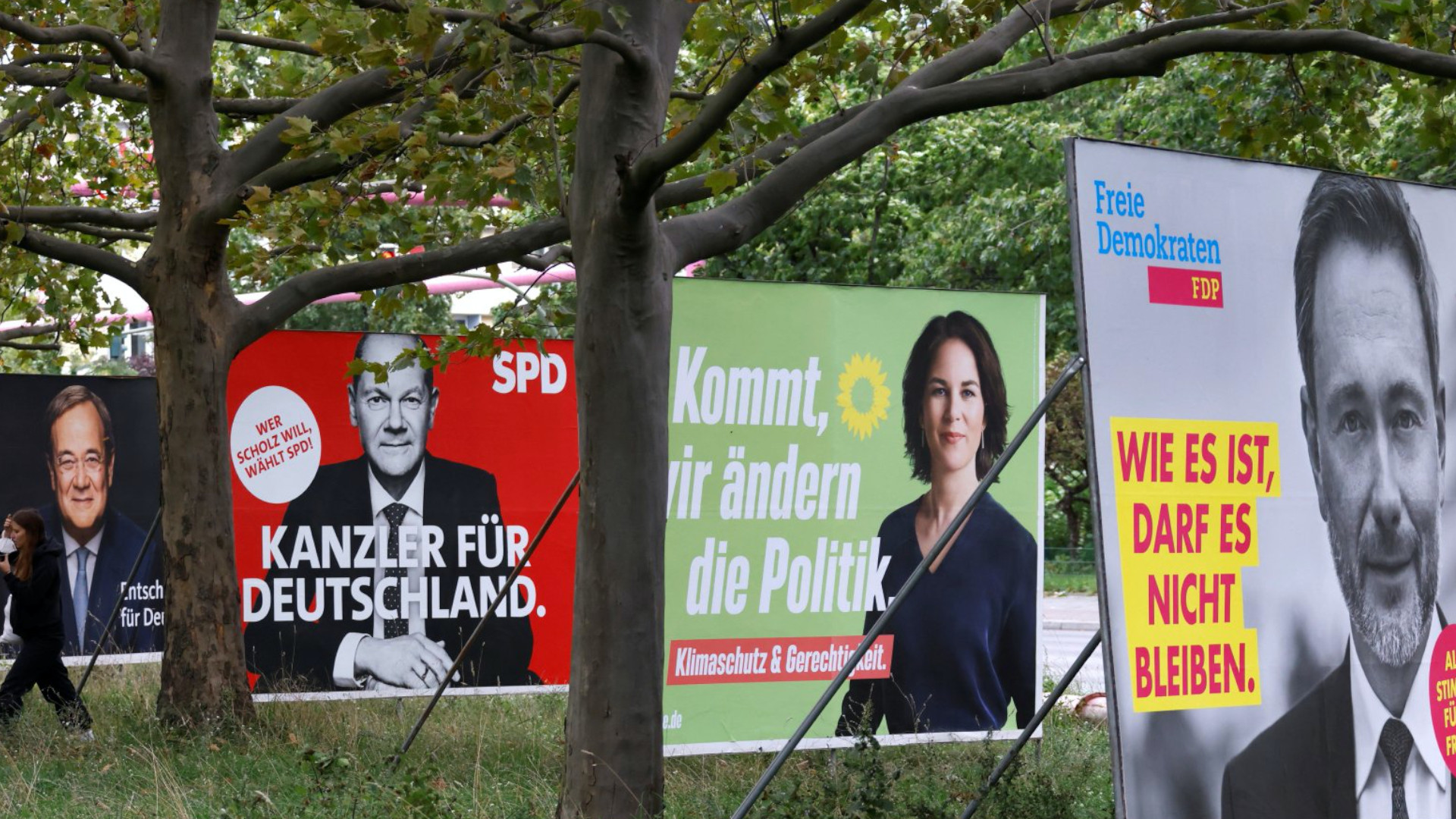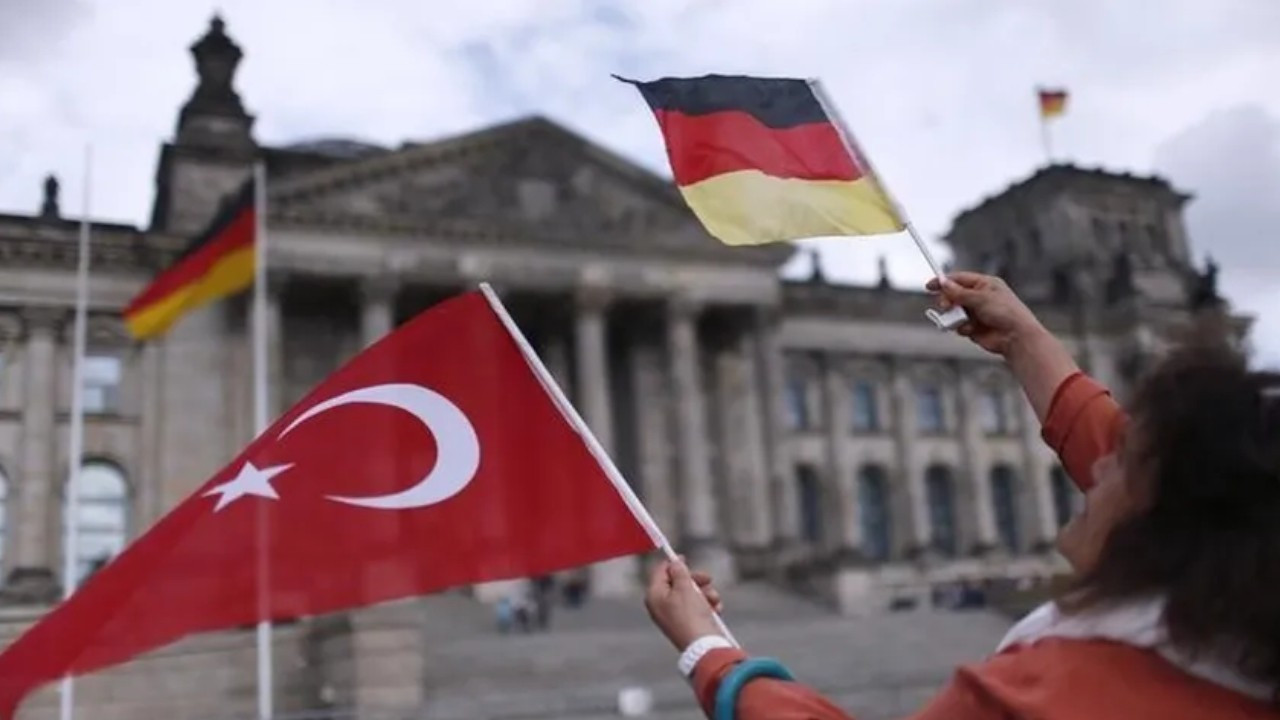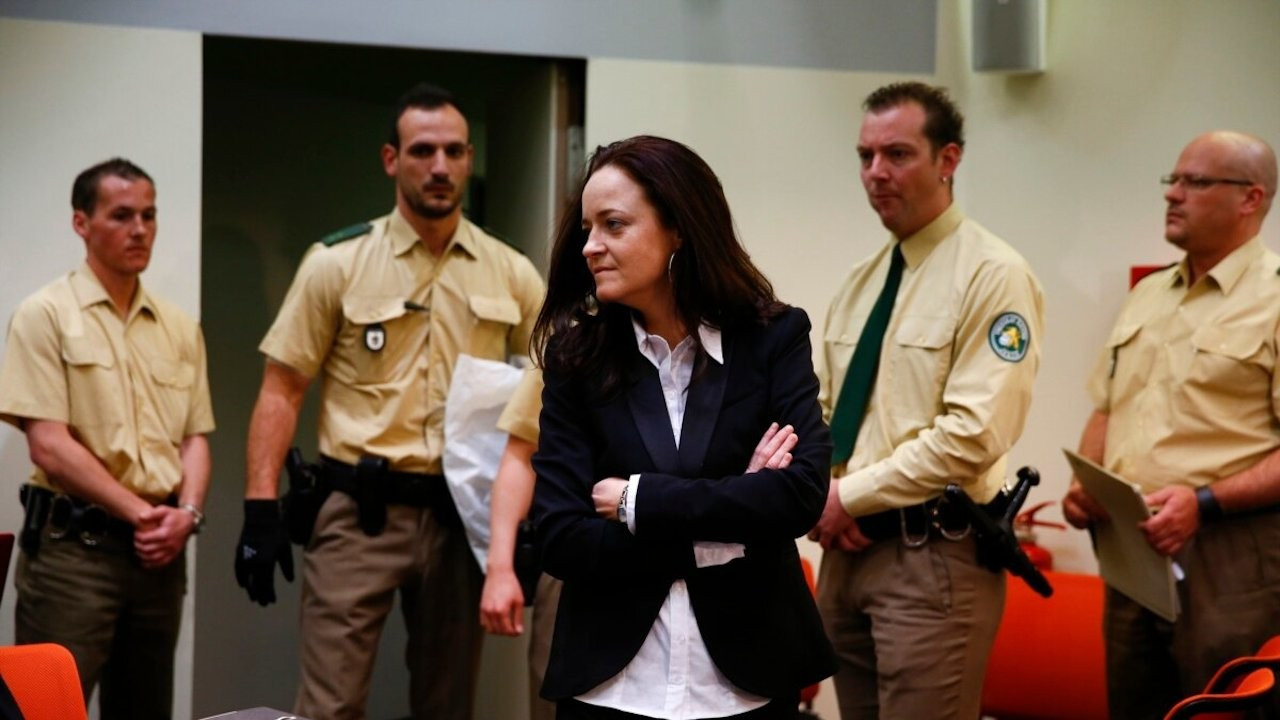A post-Merkel Turkey
The Germany elections are a turning point for Turkey. A post-Merkel Germany will impact Turkey’s foreign policy more than any other country. Any German government with ‘greener’ or ‘redder’ hues will be complicated for Ankara and the potential for radical change is so high that it feels like a government reshuffle is taking place inside Turkey.
The Germany elections are also a turning point for Turkey. Had Angela Merkel not been departing from the political scene, this would not be the case. But a post-Merkel Germany, and beyond that Europe without Merkel will greatly impact Turkey’s foreign policy more than any other country. So much so that it is feels like a government reshuffle is taking place inside Turkey. Let’s take a look at why that is.
First, there are many unresolved issues between Turkey, Germany, and the European Union that have been shoved into the deep freezer, which were moderated but not tackled by Merkel. The “New Refugee/Migration Deal” is the most imminent one among these deep-frozen question marks. On one hand, Merkel’s ubiquitous presence behind the scenes facilitated relations with Turkey and prevented ruptures. However, it is difficult to determine where the boundaries between the EU-Turkey and the Germany-Turkey relations start and end. Is the ‘refugee deal,’ a question of the primarily EU-Turkey or Germany-Turkey relations? These questions have become further scrambled without ‘Mother Merkel’ micro-managing relations. Growing pains for Turkey will be inevitable.
Any German government with ‘greener’ or ‘redder’ hues will be complicated for Ankara. If the Greens or the reddest of all on the political spectrum Die Linke, are a part of the government, the negotiation of the Migration Deal may become impossible. As Dr. Ronald Meinardus affirms in the report he compiled for ELIAMEP, “Both the Greens and Die Linke emphasize their intention to terminate the migration deal, as well as to end the export of German arms to Turkey.” A more enduring issue between Turkey and Germany will be the Kurdish Question if the Greens and Die Linke are part of the new German coalition. Arms exports are bound to become a thorny issue with regard to the Kurdish Question as well as Greece-Turkey relations and the Eastern Mediterranean issue. For example, Meinardus points to the “submarine question” as follows:
“…an issue the Greens have raised on various occasions, is the demand to stop the export of German submarines to Turkey. The Greens brought this question into the public debate in 2020 against the background of rising tensions between Greece and Turkey in the Eastern Mediterranean. While the government in Berlin has restricted the export of military hardware to Ankara over the years, the six type-214 submarines produced by ThyssenKrupp Marine Systems were not affected by this policy. In separate petitions in the Bundestag, both the Greens and “Die Linke” sought a revocation of the export license but failed to obtain a majority.”
Die Linke is also seeking a ban of the Grey Wolves movement affiliated with the Nationalist Movement Party (MHP), the coalition partner of the ruling alliance.
Nevertheless, according to results, the most likely “2nd or 3rd” coalition partner would be either Free Democrats (FDP), or Greens. Given that Die Linke also scored at lower end of its voting potential, it may not be a coalition partner-but still, a post-Merkel political scene means that there is more room to sway policies. Greens themselves face scrutiny regarding their potential for governance as they garnered much less votes than expected at their polling zenith at Spring 2021. Yet, Greens can still be a part of the coalition by rendering themselves essential-especially considering that on November 1-12, the United Nations Climate Change Conference in Glasgow will highlight environmental concerns once more. Let us be reminded that Turkey’s Green Party could not be formally established since their application to be registered is pending since a year, left unprocessed by the Turkish Interior Ministry.
Another possible party that can determine the fate of the coalition making process is “business friendly” liberal FDP-and they are quite blunt in its manifesto when referring to Turkey and President Erdoğan:
“We want to terminate the EU accession negotiations with Turkey in their prior format and put the relationship on a new basis of close cooperation in the economic and security field…A Turkey ruled in an authoritarian fashion by President Erdoğan cannot, in the eyes of the Free Democrats, be a candidate for membership.”
The red Social Democrats (SPD) are the party most likely to be in the coalition-either as the leading party or the “partner-in-chief.” The SPD seems to pass the buck of dealing with Turkey to the EU, as far as its election manifesto is concerned. The most elaborate of the three scant remarks on Turkey in the SPD electoral manifesto is as follows: “We observe developments in the Turkish government’s domestic and foreign policy with concern. Turkey must respect the principles of the rule of law, democracy and international law. It is a matter of extreme urgency that the dialog between the EU and Turkey be intensified in order to address these issues in a critical manner.”
The SPD’s likely delegation of Turkey related issues to the EU’s sphere of influence and responsibility will also mean France will be more involved in related decisions. Given that 2022 will be the presidential election year in France, and President Macron has already openly pronounced his concerns about Ankara’s intervention in French voting, Turkey will face more friction and pressure (albeit indirectly) via an SPD ruled or SPD government.
The safest bet for Ankara is that Christian Democrats (CDU/CSU) emerge as the ‘kingmaker’ (as there are no queens designated to be the chancellor this time. Their leader Armine Laschet’s nickname is “Armine the Turk,” in reference to his integrationist stance on Turkish immigrants when it comes to being “Ankara friendly.” He will be most familiar stance for Turkey’s government in terms carrying on Merkel’s legacy.
Regardless of the final results, the coalition making process will be convoluted and protracted: post-Merkel times are full of unknowns for Germany and will require delicate balancing acts. Facing such murkiness is not the strength of the German culture. The resulting coalition contract will be a document laying out the ground rules for a new era of German politics. Until that contract emerges, Merkel will have time probably well after the end of 2021, to tidy things up for Turkey. Maybe the Migrant Deal will be carved out by that time so that the incoming coalition will not have to deal with it.


 Turkey facing informal arms embargo from Germany: Defense MinisterDiplomacy
Turkey facing informal arms embargo from Germany: Defense MinisterDiplomacy German elections and Turkey Part 2: Migration and German-TurksWorld
German elections and Turkey Part 2: Migration and German-TurksWorld 119 German citizens unable to return back to Germany from TurkeyPolitics
119 German citizens unable to return back to Germany from TurkeyPolitics German top court upholds life sentence for neo-Nazi behind murders of TurksWorld
German top court upholds life sentence for neo-Nazi behind murders of TurksWorld